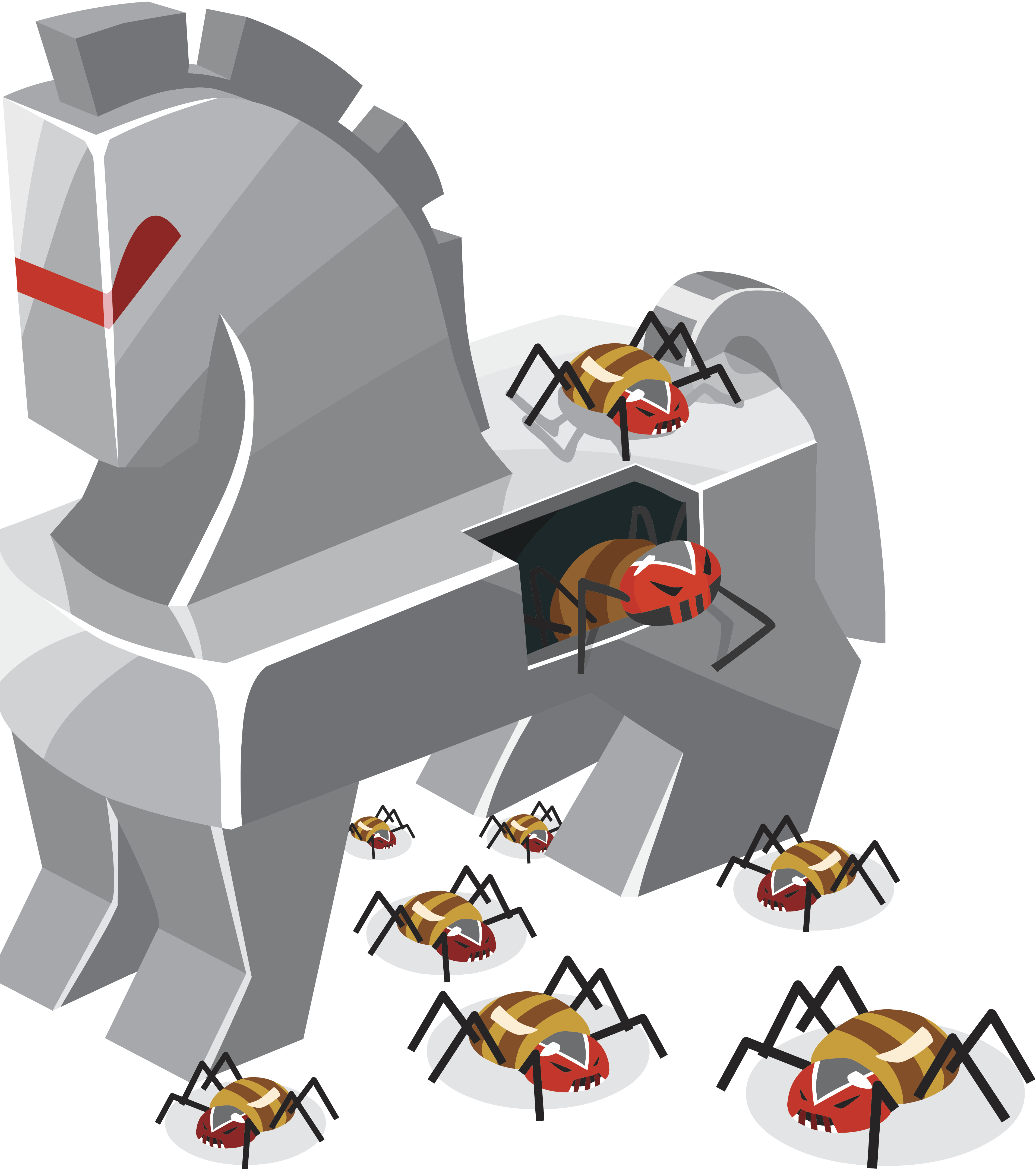But a pseudonym is a more formal, permanent and usually legal name change. Some sports pseudonyms include:
Joe Louis (Joseph Louis Barrow)
Chi Chi Rodriguez (Juan Antonio Rodriguez)
Chipper Jones (Larry Wayne Jones, Jr.)
Whitey Ford (Edward Charles Ford)
Babe Ruth (George Herman Ruth, Jr.)
Casey Stengel (Charles Dillon Stengel; originally named after the initials of his hometown of Kansas City, Missouri, or "K.C.")
Chad Ochocinco (Chad Javon Johnson)
Chi Chi Rodriguez (Juan Antonio Rodriguez)
Chipper Jones (Larry Wayne Jones, Jr.)
Cristiano Ronaldo (Cristiano Ronaldo dos Santos Aveiro)
A few interesting name change stories:

Yogi Berra ( born Lawrence Peter Berra) grew up in St. Louis and while playing in American Legion baseball, he received the nickname "Yogi" from his friend Jack Maguire. After seeing a newsreel about India, Jack said that Larry resembled a Hindu yogi whenever he sat around with arms and legs crossed waiting to bat or while looking sad after a losing game.

In his NFL debut, some viewers and even some commentators mistakenly believed that he was the son of former basketball great Kareem Abdul-Jabbar. Both had attended UCLA.

Basketball player Kareem Abdul-Jabbar had played at UCLA under the name (Ferdinand) Lew(is) Alcindor. In 1968, Alcindor converted to Sunni Islam, but he did not begin publicly using his Arabic name until 1971.




